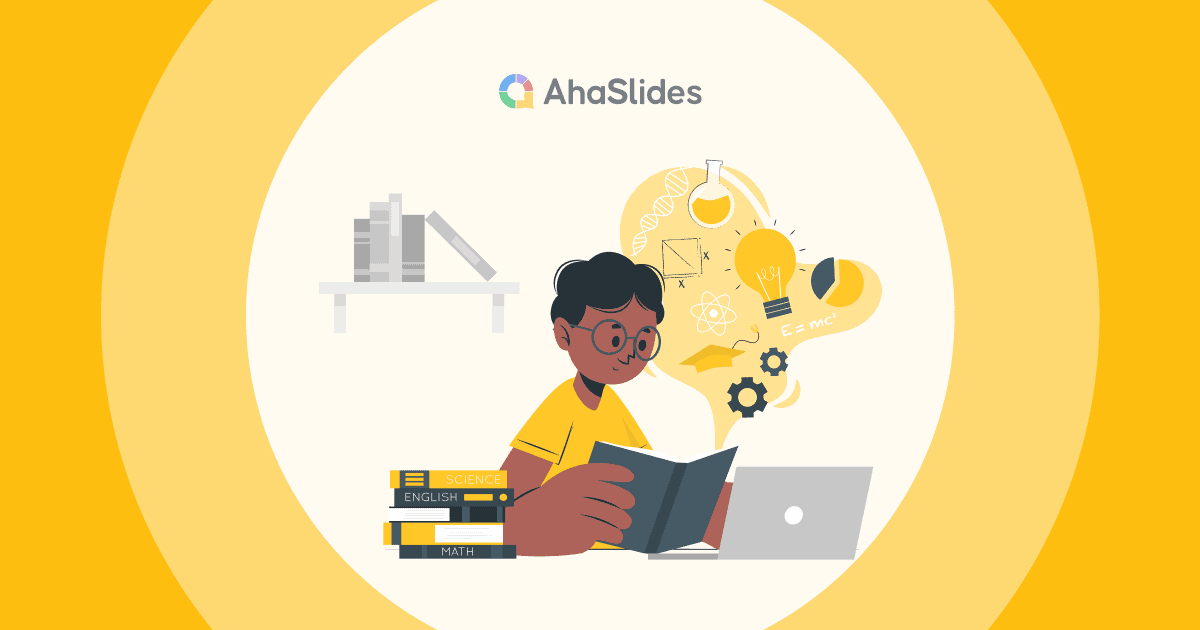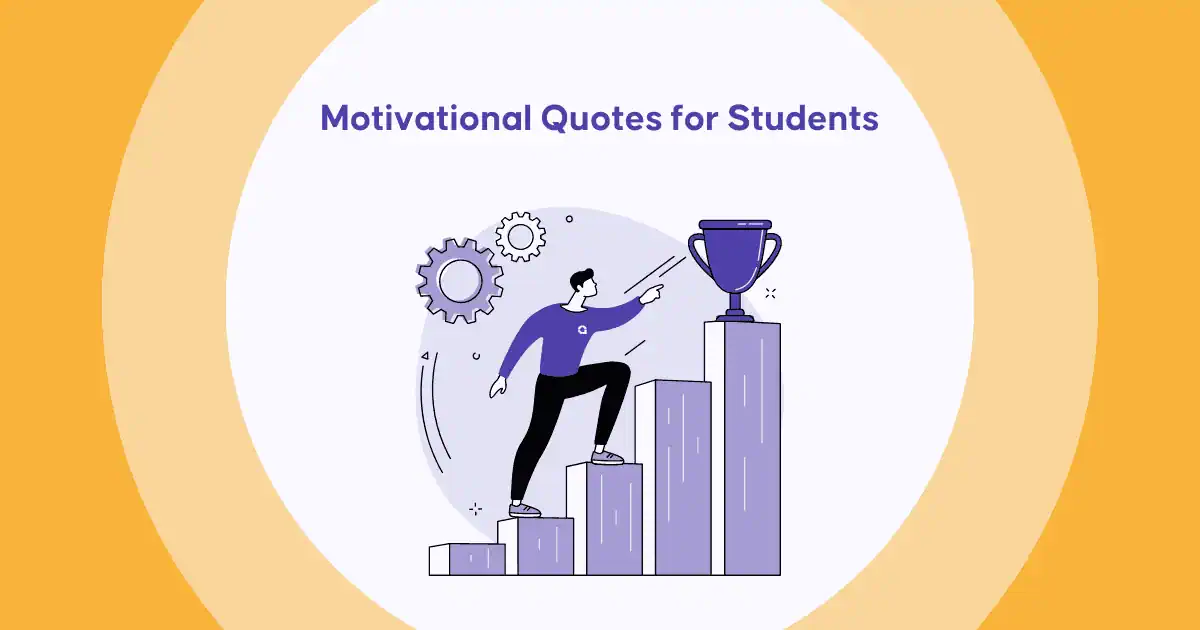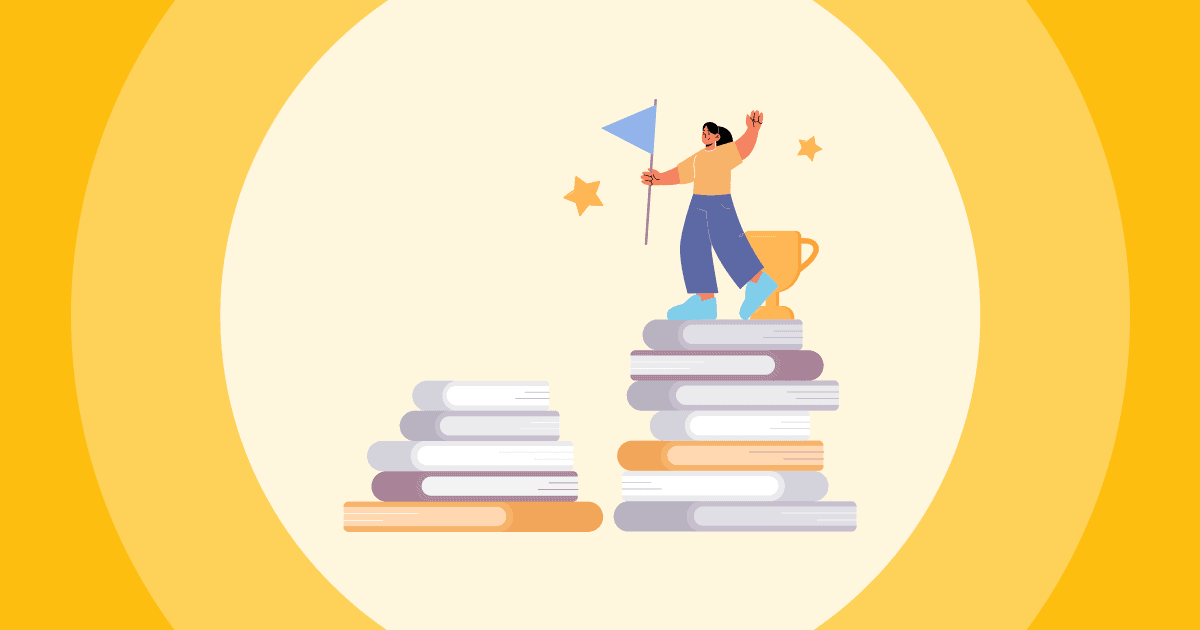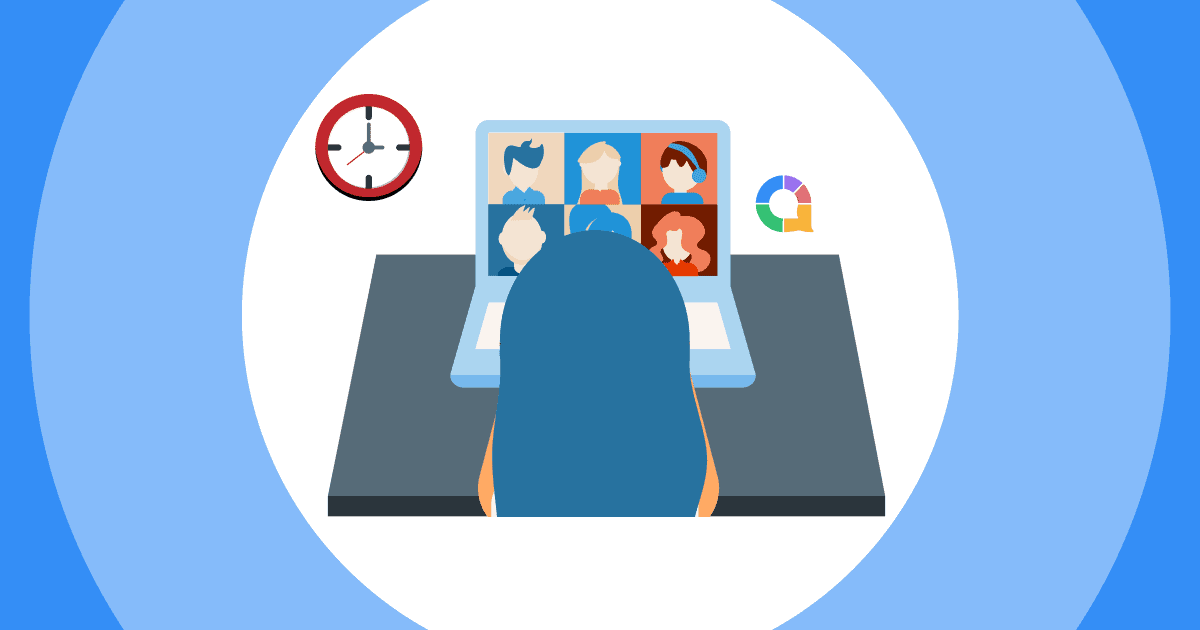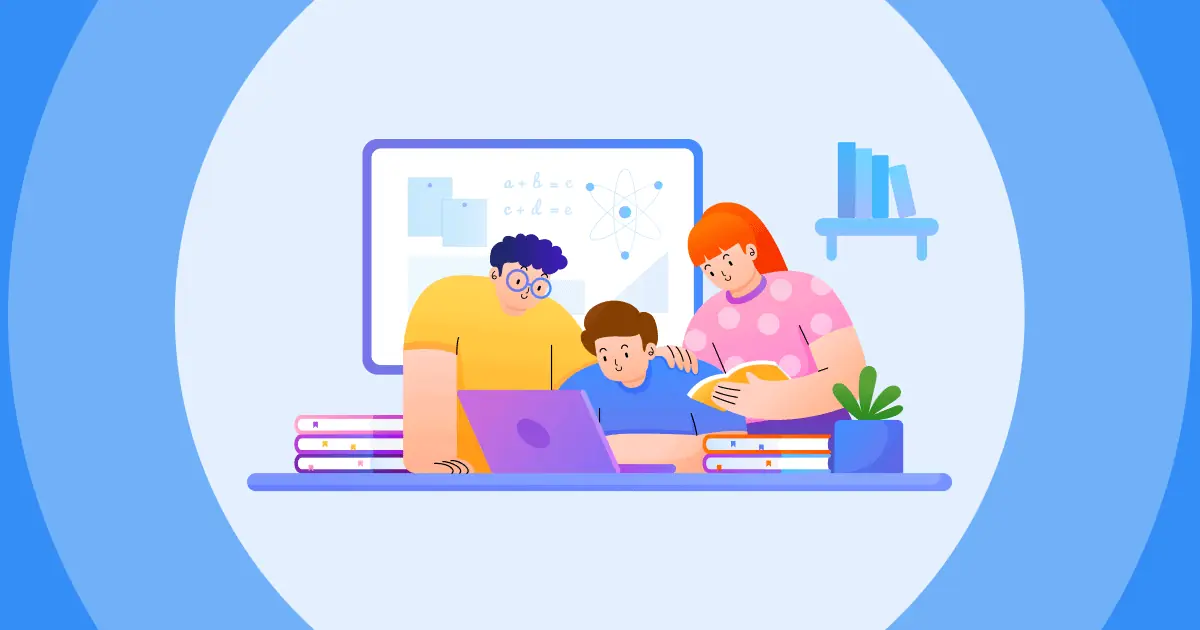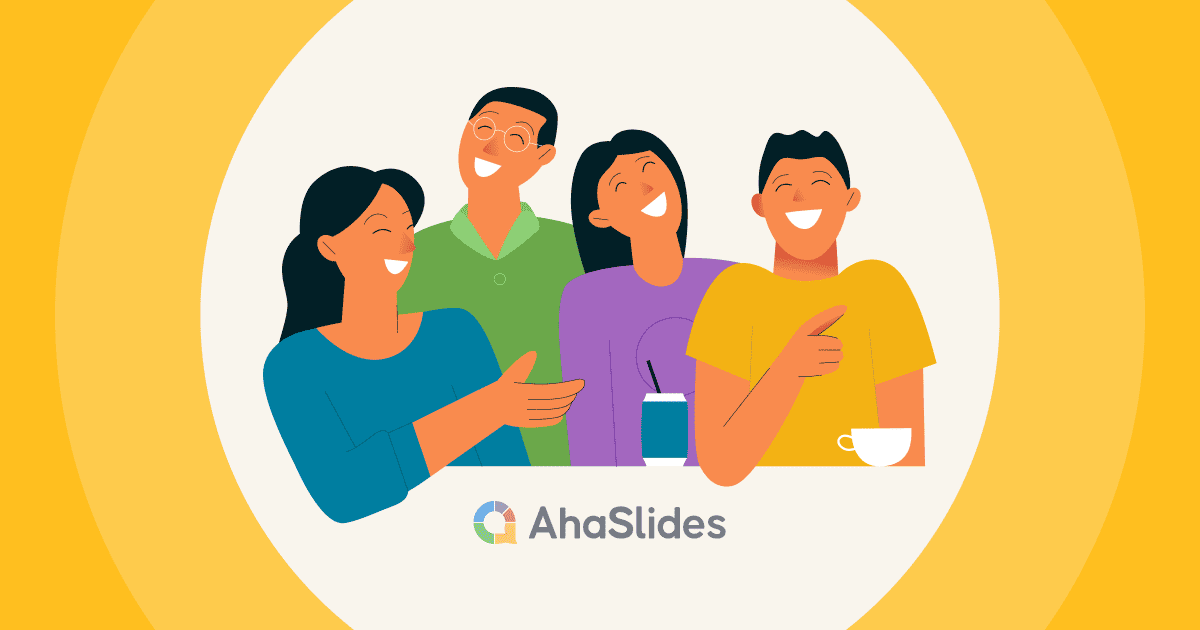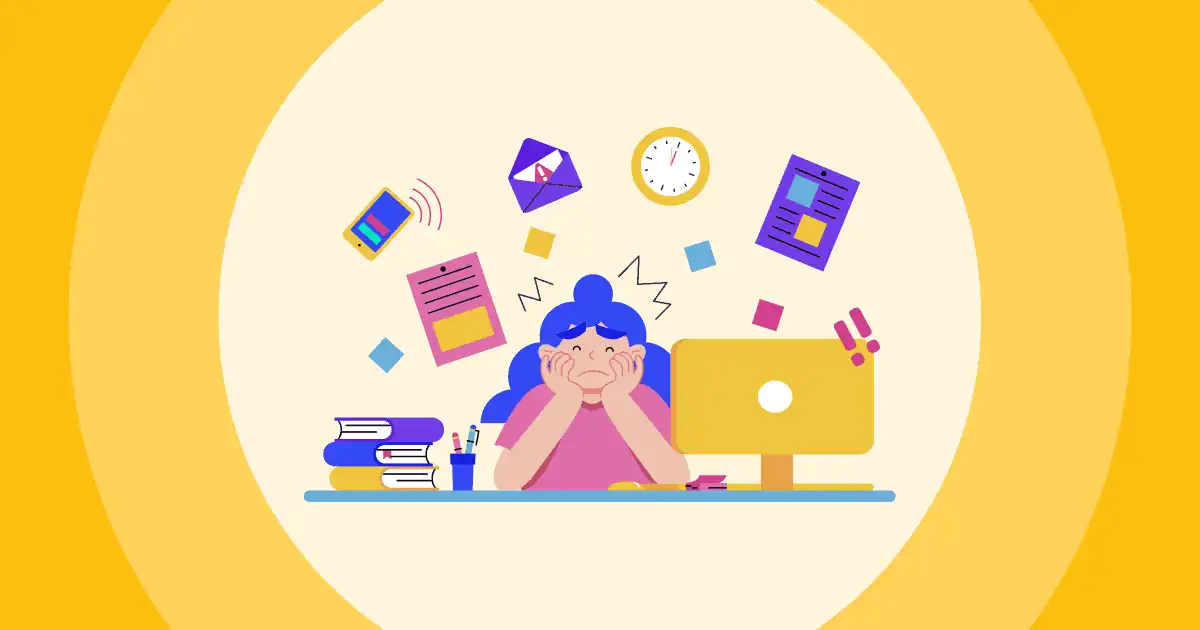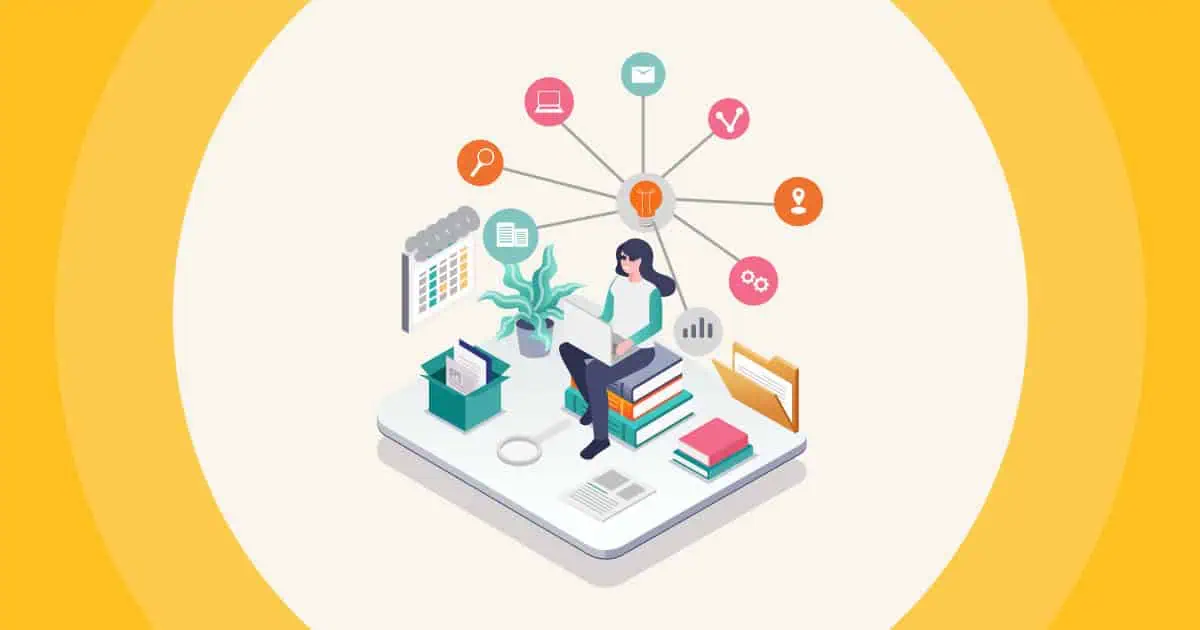Your upcoming exams are around the corner, and you don't know how you can pass your exams with that limited time. Check out the best 14 tips to study for exams in less time.
In this article, you are equipped with not only practical tips to prepare for your exams but also some excellent learning techniques that can help you score good marks in exams, tips to deal with exam stress and better long-term academic performance.

Tables of Contents
- Make the Most of Class Time
- Seek a Good Study Spot
- Focus on your weak spots
- Review your syllabus
- Look at past exam papers
- Join a Study Group
- Visualize the Material
- Use The Pomodoro Technique
- Plan a study schedule
- Put your phone away
- Teach others (the Protégé method)
- Sleep and Eat well
- Engaging learning
- Frequently Asked Questions
- Bottom Line
#1. Make the Most of Class Time
One of the amazing tips to study for exams is to focus on class time as strongly as possible which maximizes your study time. Try to take notes and actively listen to what teachers say. In addition, in-class discussions and activities allow you to receive immediate feedback from your teacher and classmates.
Related: The Talkative Classroom: 7 Tips to Improve Communication in Your Online Class
#2. Seek a Good Study Spot
The atmosphere is necessary for the product learning process. If you cannot concentrate on studying in your bedroom or in a sloppy place, find a study area that meets your demands, which is one of the best tips to study for exams. Some best places for study are the library (local one or your school one), a coffee shop, and an empty classroom. Avoid too-crowded places, or too-dark areas that might distract your mind or decrease your mood.
#3. Focus on your weak spots
If you don't have enough time to prepare for your study, among the top tips to study for exams, addressing your weak points should be a priority. If you don't know what to begin, you can identify areas where you need improvement by reviewing past papers and practice questions. You can create a study plan that focuses specifically on those weaknesses to save you time and energy.
Related: Individualised Learning – What is it and is it Worth it? (5 Steps)
#4. Review your syllabus
For last-minute revision tips, you can review your syllabus. But it is better to review your lectures in a small quantity every day. You can go through every part of your syllabus following the funnel techniques, from overview to details, from the significant to the not-so-significant part to figure out what needs more revision and what needs less.
#5. Look at past exam papers
Again, there won't be a waste of time checking past exams, which is one of the common tips to study for exams recommended by seniors and students that get excellent scores on exams. Putting yourself on a practical test can be good practice to solve problems and examine revision progress. Furthermore, you can get used to the style of questions that might come up in your exam and find yourself more confident and ready.
#6. Join a Study Group
There are no better tips to study for exams than participating in a group study and discussing it with your classmates. Most of the time study groups can create exceptional benefits than self-study, for example, your friends might fill the gap of knowledge that you are missing. You might be surprised that some of your friends are real masters of some issues that you never thought of. Additionally, study groups can encourage critical thinking and creativity as there is room for discussions and debates on different issues

#7. Visualize the Material
How can you study 10x faster for exams in less time? One of the best tips to study for exams is to transform your materials into visual elements or incorporate visual aids, and colors to make information easy to remember and retain and allow you to see the material in your mind's eye. It is also called visual learning. Especially it is considered the best examination tip for primary students.
#8. Use The Pomodoro Technique
You might not know the term Pomodoro, but you might be familiar with the 25-minute learning strategy. This is one of the excellent tips for studying for exams. You can think of it as a time management technique, in which you control your time of concentration on studying or working within 25 minutes and take a 5-minute break. It is also recognized as one of the best productivity hacks for those who want to get things done quickly and efficiently.
#9. Plan a Study Schedule
You cannot know how much you've done or how much is left of your work if you don't follow a specific study plan, learning objectives, or a to-do list. When there are too many tasks to be done in a short time, you'll easily get overwhelmed. Tips to study for exams effectively that many students and teachers suggest is setting a study schedule. Thus, you can break down tasks and assignments into manageable chunks, especially for those preparing for university exams. What's more? Much research implies that the best time for critical thinking and analytical skills is from 2:00 PM to 5:00 PM, the best way to study for university exams
Related: 70 20 10 Learning Model: What It Is and How to Implement It?
#10. Teach others (the Protégé Method)
Avery (2018) once said: "While we teach, we learn’. It means learners will put more effort into learning information when they know they’re going to teach it to others. As it is one of the best tips to study for exams, there is no denying their benefits. For example, the mentorship model, when the mentor instructs the mentee from their experiences. It can get information more refreshed in its accuracy and be applicable to practice.
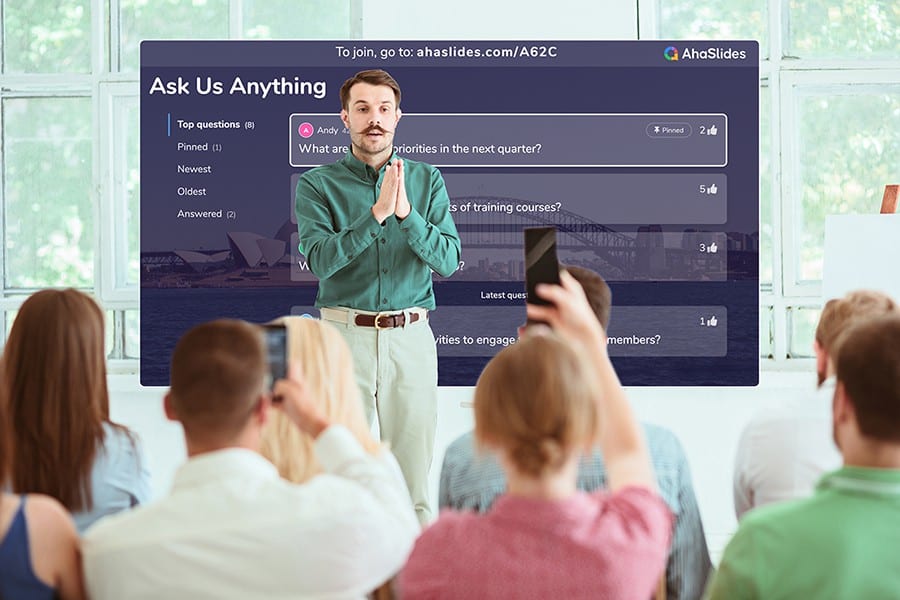
#11. Put your phone away
Avoid anything that might lead you to distraction or procrastination. One of the bad study habits that many students have is getting their phones side-by-side during learning. You impulsively check notifications, scroll through social media, or engage in other non-study-related activities. So, how to fix them, you can consider setting specific study periods, using website blockers, or turning on "Do Not Disturb" mode can help minimize distractions and promote better concentration.
#12. Listen to good music
Baroque music has been proven as an excellent tip for success in examinations; some well-known playlists can include Antonio Vivaldi, Johann Sebastian Bach, and more. However, if you are not a fan of classical music, trying to set to music you love can make your learning more fun and engaging. Just be mindful of selecting music that is not overly distracting or lyric-heavy, as it may divert your attention from the task at hand.
#13. Sleep and Eat well
Last but not least, don't forget to keep your mind and body healthy and spirited as brain work burns out a lot of energy. The best tips to study for exams effectively is getting adequate sleep, having mutinous meals, and drinking enough water, which are among the correct ways to cope with exam pressure.
#14. Engaging learning
How to make your learning more engaging and fun when it comes to group study and teaching others? You can use live presentation platforms like AhaSlides to interact with your partners or mentee in real-time. With a range of well-designed templates, you and your friends can automatically test each other's knowledge and get instant feedback and result analysis. You also can add animation, pictures, and sound elements to the presentation to make it more appealing and interesting. So try AhaSlides right away to unlock your creativity.
Related:
- Interactive Learning Style Assessment: 25 Free Questions for Your Class
- 150+ Best History Trivia Questions to Conquer World History (Updated 2025)
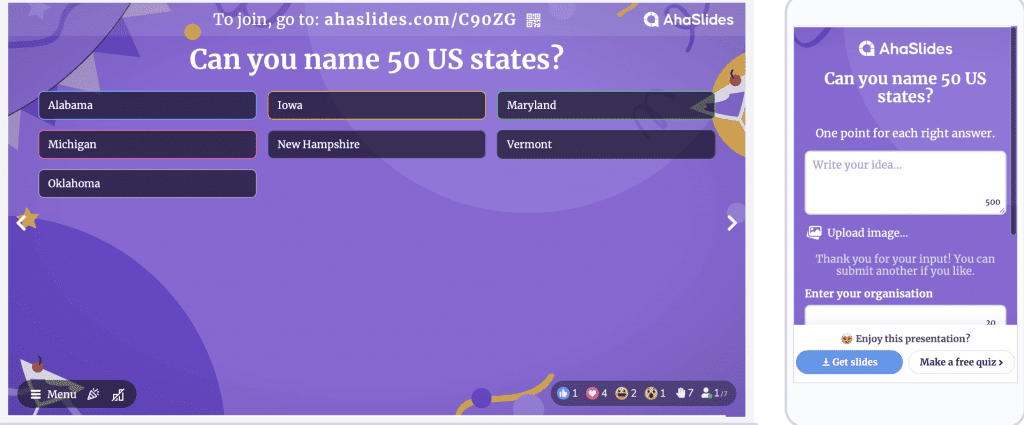
Frequently Asked Questions
How long do you need to study for exams?
The amount of time needed to study for exams can vary depending on factors such as the complexity of the subject, individual learning style, and level of preparation. However, it is generally recommended to allocate a significant amount of time, ranging from several days to weeks, to thoroughly review and understand the material covered in the exams.
What is the best learning style?
Learning styles vary and there is no one-size-fits-all "best" as each individual might be suitable to learn at their own pace and time. The most popular learning style is visual learning as remembering things with visuals can lead to better knowledge absorption.
How can I focus 100% on studying?
To help you make the most out of your study time, here is advice to students before exams: choose the learning techniques that are your best fit, allocate time for studying, and follow restricted self-discipline. It is important to put interruption-caused items, such as phones out of your hand.
What is the 80-20 rule in studying?
The 80/20 rule, also known as the Pareto Principle, suggests that roughly 80% of the results come from 20% of the efforts. Applied to the study, it means that focusing on the most important and high-impact material (20%) can yield significant results (80%).
What are the 4 A's methods of teaching?
The 4 A's methods of teaching are as follows:
- Aim: Setting clear objectives and goals for the lesson.
- Activate: Engaging students' prior knowledge and building connections to new concepts.
- Acquire: Introducing new information, skills, or concepts.
- Apply: Providing opportunities for students to practice and apply what they have learned in meaningful ways.
Bottom Line
There are some tips for you to study for exams that you can apply right away in your daily learning. It is important to find out your right learning techniques, and learning pace, and have a study schedule that can help you make the most of your study time. Don't hesitate to try new study tips as you never know whether it is for you or not. But bear in mind that learning is for your well-being, not just to prepare for exams.
Ref: Oxford-royal | Getatomi | South College | NHS
